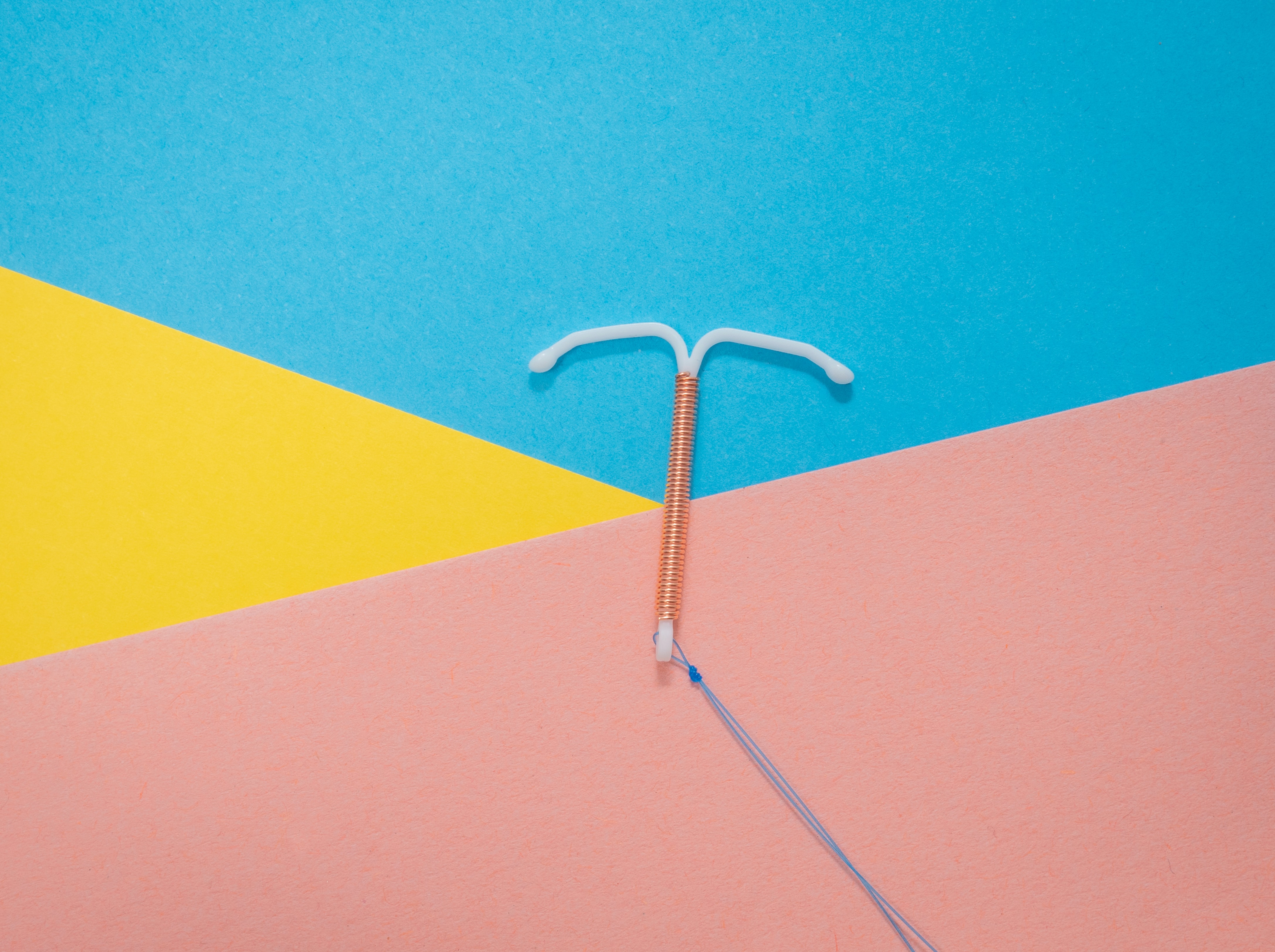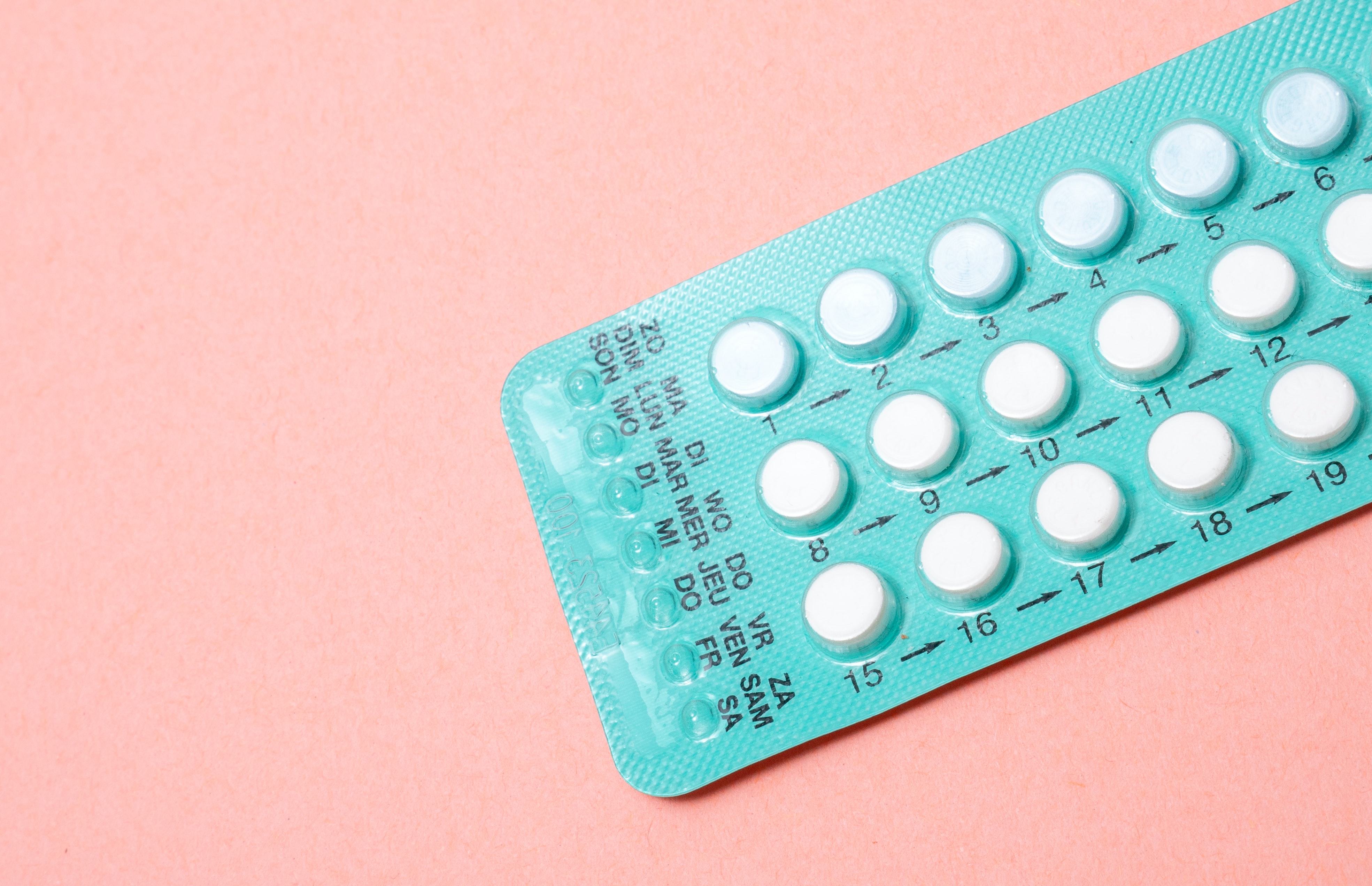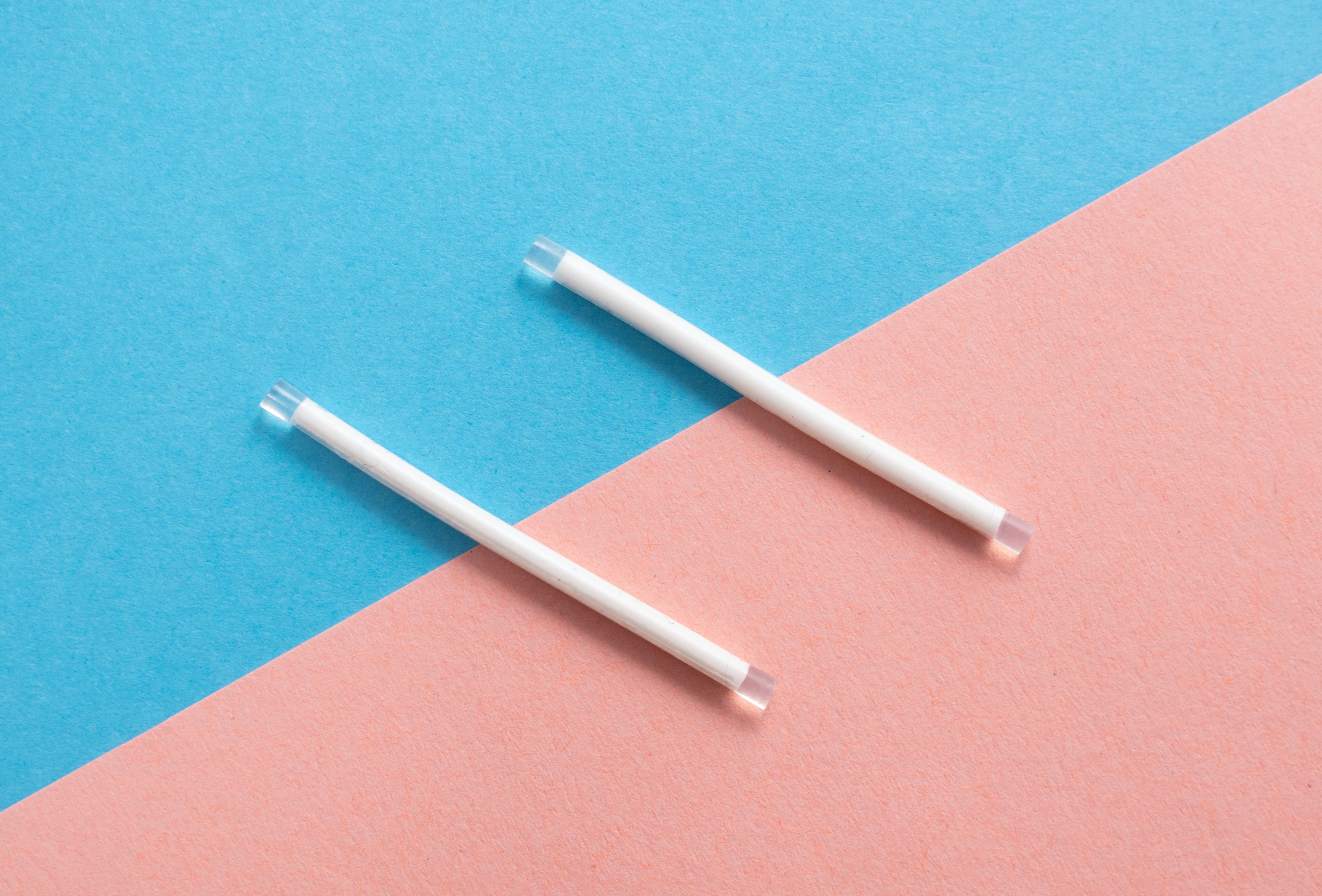Contraception and family planning II: IUD

Facts that you need to know about IUD:
What is IUD?
- Intra uterine device (IUD) is a small piece of flexible plastic shaped like a T that is inserted in the uterus to prevent pregnancy. It is one of the Long Acting Reversible Contraception (LARC) that is available in Malaysia
What are the types of IUDs and how does it work?
- There are two types of IUDs, non- hormonal (copper IUD) and hormonal IUD (Levenorgesterol intrauterine system, LNG- IUS or Mirena)
- Copper IUD prevent pregnancy by inhibiting the movement of sperm cells so they cannot meet and fertilize the egg. The copper content has a toxic effect on sperm cells
- Hormonal IUD prevent pregnancy by thickening of the cervical mucus at the entrance of your womb to form a barrier that prevents sperm from passing through, thinning the womb lining and inhibit the sperm from reaching the egg
How long does it last and success rate?
- IUD can last up to 5 years and has more than 99% effectiveness to prevent pregnancy
Am I suitable to use IUD?
- IUD is suitable for both women who have given birth before and women who have never conceived. It can easily be removed anytime in the event that you wish to get pregnant. It provide a reliable, convenient and low maintenance contraceptive option. It is also suitable for breastfeeding women
- IUD may not be a suitable option if you have previous pelvic infection, history of STD in the past 3 months, cancer of the womb or cervix, significantly distorted womb (such as from large fibroid or polyp), undiagnosed genital bleeding, allergy to copper and underlying Wilson’s disease
What are the additional benefits of IUD?
- Hormonal IUD has been shown to provide endometrial protection against the effect of estrogen and is associated with a reduced risk of endometrial and cervical cancer. It can also reduced pain associated with menses, endometriosis and adenomyosis and be use for treatment of heavy menstrual bleeding
- IUD can be use as an emergency contraception within 5 days of unprotected sexual intercourse at any time in the menstrual cycle or up to 5 days after the expected date of ovulation in a regular cycle
What tests do I need to do before IUD insertion?
- Your doctor may perform several test such as pap smear, ultrasound pelvis, urine pregnancy test, full blood count (FBC) and sexually transmitted diseases (STD) screening prior to insertion depending on your menstrual history and STI risk
When can I have my IUD inserted and what to expect during the procedure?
- IUD can be inserted at any time of the menstrual cycle if its reasonably certain the woman is not pregnant. However it is best done during menses time as the cervix is slightly dilated
- Your doctor will insert a speculum to open up the vaginal and cleaned the cervix. A metal sounder is then inserted to determine the length of your womb and whether the IUD can be inserted. Your doctor may have to use a small pair of forceps to hold your cervix to ease the insertion. Once IUD is inserted into your womb, the strings will be cut. The IUD passing through the wall of the womb is extremely rare but has serious risks
- You may experience mild cramping and bleeding after the insertion. Several weeks after your doctor may do an ultrasound scan to confirm placement of the IUD
- There is risk of IUD expulsion and it is more common in the first year of use particularly the first 3 months
- There is also slight risk of pelvic infection after IUD insertion during the first 20 days of insertion. Be watchful for symptoms of infection such as lower abdominal pain, foul-smelling vaginal discharge, fever or abnormal vaginal bleeding. Seek treatment immediately
What side-effects can I expect after an IUD insertion?
- After hormonal IUD insertion, you may notice spotting in between your menses or irregular menstrual cycle but tends to improve after 3 months of insertion. Over time your menses will tend to get lighter or even cease completely
- With copper IUD, you may notice your menstrual flow is slightly heavy with more cramping. However, if your menses continue to be heavier, the copper IUD may not be ideal for you
If you have any further questions about IUD or family planning, talk to our doctor for any information



